Sea Services Ready for Contested Fight
The U.S. Navy, Marine Corps and Coast Guard are ready to engage in combat in a contested zone if it were to break out tomorrow, high-ranking officers say. However, peer rivals are pushing to eliminate that advantage and turn the tables in the near future.
A group of officers from the three services waxed and waned about the services’ chances in future combat during a panel discussion at WEST 2020, the conference and exposition in San Diego March 2-3 co-sponsored by AFCEA International and USNI. The flag officers were unanimous about the ability of U.S. maritime forces to respond to a crisis tomorrow, if necessary.
The adversary is swift; we have the capacity to be swifter.—Vice Adm. Timothy J. White, USN, commander, U.S. Fleet Cyber Command and Tenth Fleet @USFLEETCYBERCOM #WEST2020
— Bob Ackerman (@rkackerman) March 2, 2020
“We’re ready,” declared Vice Adm. Timothy J. White, USN, commander, U.S. Fleet Cyber Command and Tenth Fleet, in a sentiment echoed by all in the panel. “The adversary is swift; we have the capacity to be swifter,” he said.
We can surge all our forces, but we can’t surge trust.—Vice Adm. Scott Conn, USN, commander, Third Fleet #WEST2020
— Bob Ackerman (@rkackerman) March 2, 2020
“At a tactical level, we are much better than we used to be. We are ready to fight and win tonight,” said Vice Adm. Scott Conn, USN, commander, Third Fleet. Yet, complacency could be the force’s undoing. Lt. Gen. Joseph L. Osterman, USMC, commander, 1 Marine Expeditionary Force, defined that challenge. “The enemy gets a vote. They get a chance to get better, and we have to stay better than they are.”
The enemy gets a vote. They get a chance to get better, and we have to stay better than they are.—Lt. Gen. Joseph L, Osterman, USMC, commander, 1 Marine Expeditionary Force @1stMEF #WEST2020
— Bob Ackerman (@rkackerman) March 2, 2020
Vice Adm. Phillip G. Sawyer, USN, deputy CNO for Operations, Plans and Strategy, reported, “The contested zone is all domains. But there are different phases of the conflict going on in these domains.” He added that more allies are going past the point of being interoperable and moving to the point of being interchangeable, which is a significant difference.
With more and more of our allies, we are getting past the point of being interoperable and moving to the point of being interchangeable.—Vice Adm. Philip G. Sawyer, USN, deputy CNO for Operations, Plans and Strategy #WEST2020
— Bob Ackerman (@rkackerman) March 2, 2020
The importance of allied support, especially in cyber issues, was emphasized by Vice Adm. Linda Fagan, USCG, U.S. Coast Guard Pacific Area commander, Coast Guard Defense Force West. “There are a number of key partner nations in the Pacific hungry for action,” she related. The admiral added that the Pacific area already is a contested zone for the United States, noting that 79 percent of the drug flow coming into the country is from the Eastern Pacific. “It is a security threat to the United States.”
There are a number of key partner nations in the Pacific hungry for action.—Vice Adm. Linda Fagan, USCG, commander, U.S. Coast Guard Pacific Areal commander, Coast Guard Defense Force West @USCGPACAREA #WEST2020
— Bob Ackerman (@rkackerman) March 2, 2020
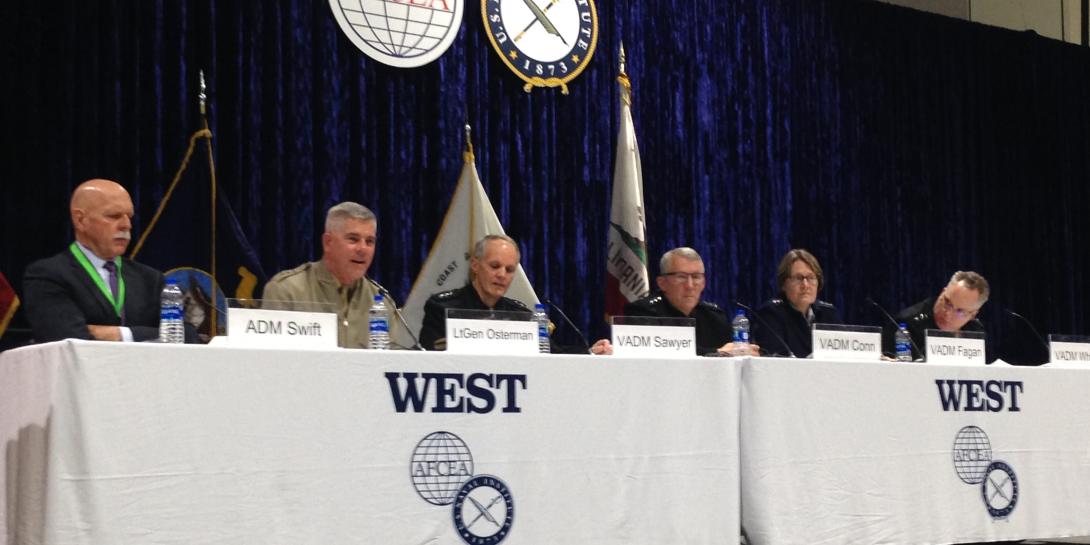
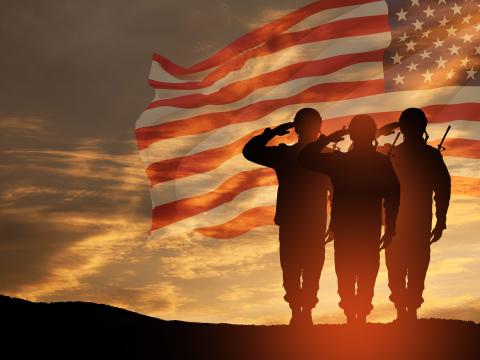
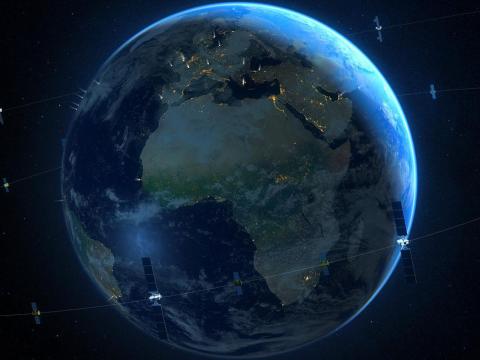
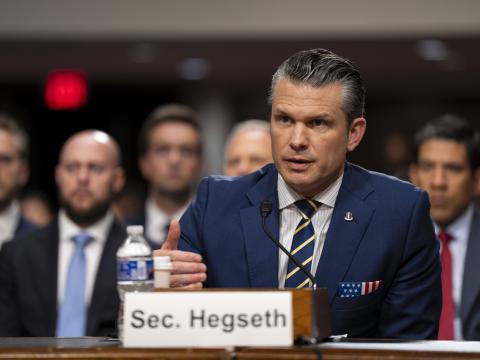
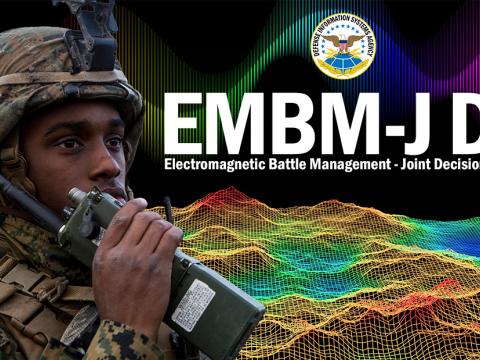
Comments